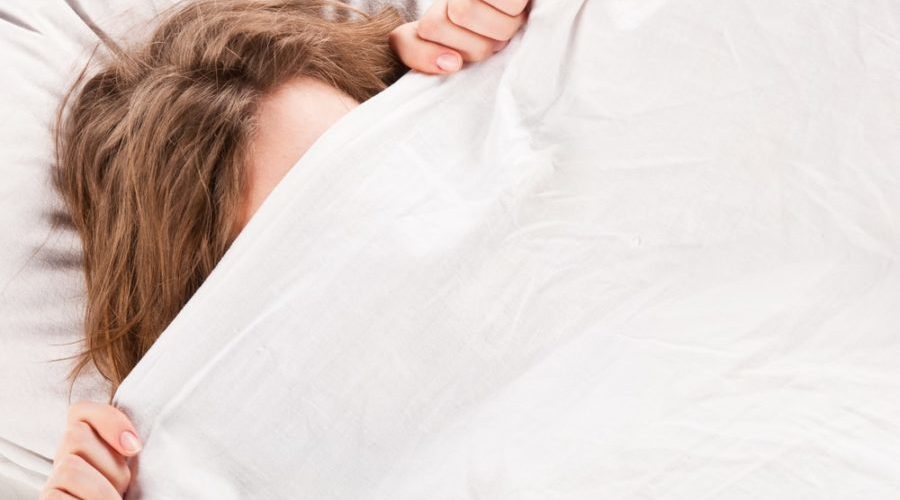
Premenstrual Syndrome (PMS) Treatment
Premenstrual syndrome (PMS) symptoms vary wildly in different individuals, including bloated, pain, mood swings, tender breasts, food cravings, fatigue, irritability, and depression. Studies show 3 of every 4 menstruating women experience some form of premenstrual syndrome.
Symptoms are recurring with each cycle and usually get worse with age. Symptom intensity is also variable in different individuals from a nuisance to disabling.
The exact cause of PMS is not known but some contributing factors have been identified:
Hormones
Hormonal changes during a menstrual cycle impact the PMS symptoms. Symptoms are usually most noticeable in the two weeks prior to menstruation and abate with the start of menses. Also significant is that PMS resolves during pregnancy and menopause.
Brain hormones
The happy hormone in the brain is called serotonin. Some studies implicate changes in this hormone may be the cause for mood changes and disorders associated with PMS, such as depression, fatigue, and sleep disturbances.
Mood disorders
Severe mood changes with PMS is associated with depressive mood disorders and anxiety in some women. Treatment therefore must include attention to these factors.
Treatment of Premenstrual Syndrome
The most conservative approach is diet and exercise.
We recommend regular exercise which includes weight-bearing and aerobic exercises. varying the amount of exercise will increase metabolism, increase happy hormones in the body, and decreases mood changes and some physical symptoms associated with PMS, such as joint pains, fatigue, and weight gain.
Diet is also crucial in the conservative management of PMS. Smaller, frequent portions help to decrease fullness and bloated sensation. Increase protein intake and vegetables and more natural foods are helpful in reducing the salt, fat and simple carbohydrates in the diet. vitamin D and calcium intake should be encouraged and food that promotes sudden highs and lows are discouraged such as simple sugars, alcohol and caffeinated products.
FOR OUR PATIENTS WITH WEIGHT MANAGEMENT ISSUES, WE PROVIDE A SPECIAL DIETARY AND EXERCISE PLAN THAT INCREASES ENERGY, IMPROVES SLEEP AND PROMOTES WEIGHT LOSS.
What Medications are Available for PMS?
Natural hormone therapy
Natural hormone therapy including progesterone therapy, has been shown to promote better sleep, reduce anxiety and mood changes and reduce bloated sensation and breast tenderness.
Anti-depressants
Anti-depressants have shown to be effective in mood disorders, anxiety attacks and depression by increasing the availability of happy brain hormones.
Birth control pills
in some situations, are helpful in reducing the mood changes associated with cycles and reduce PMS symptoms.
Herbal medications
Certain herbal medications had been helpful in alleviating the emotional and mood symptoms of PMS.
Acupuncture
Acupuncture can reduce the cramps and joint pain associated with PMS.
Vitamin E
Vitamin E has shown to help with breast tenderness and bloated sensation.
Magnesium and calcium
Magnesium and calcium help with acid reflux and constipation.